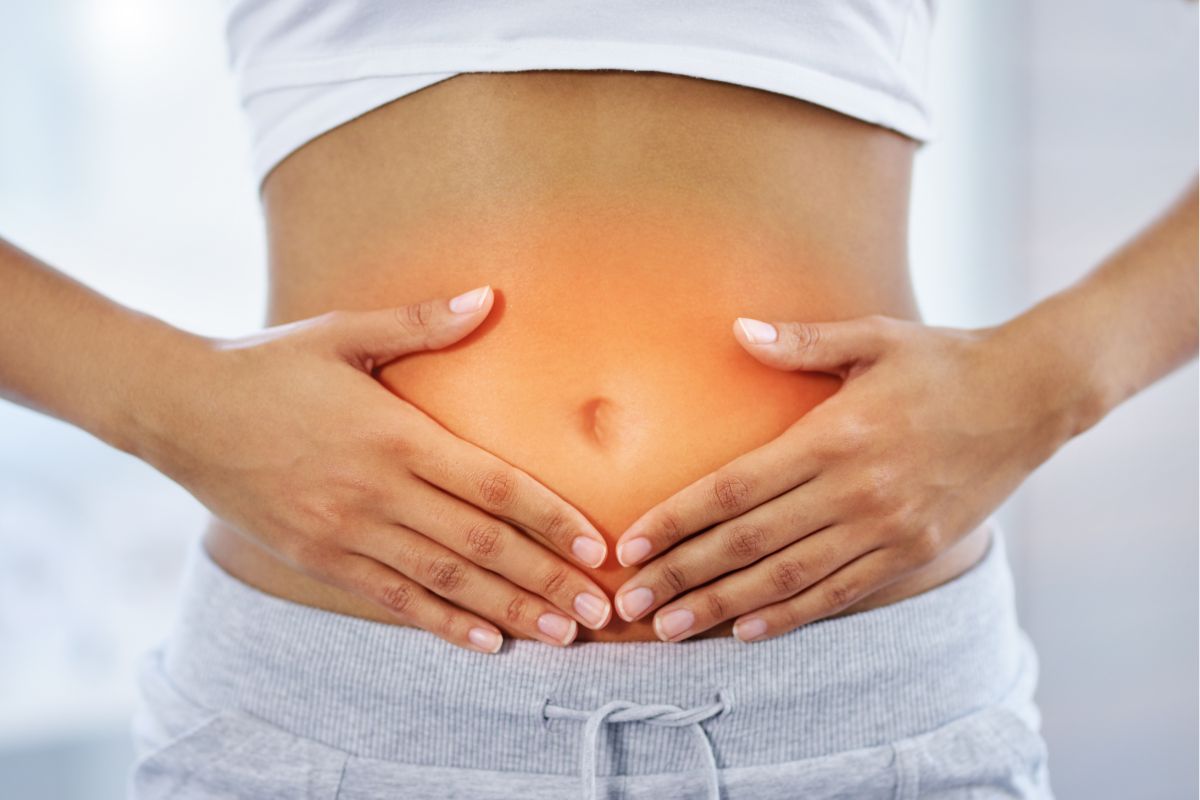Bacteria that naturally occur in the intestine are crucial for health, yet recent studies consistently show that modern lifestyles deplete microbial diversity in the gut. Although the exact mechanisms are still unclear, several key lifestyle factors may contribute to this effect.
Biome-depleting factors include food storage technologies such as refrigerators, plastic containers, and canning methods. Water purification systems, including toilets and water heaters, also reduce biome diversity. Even the use of shoes and agricultural industrialization have altered the biome by creating barriers between humans and the soil. Consequently, the human biome in Western populations has lost almost all eukaryotic organisms (such as intestinal worms and protozoa) as well as a variety of soil bacteria.
A growing amount of evidence connects industrialization and westernization with the loss of bacterial diversity. By studying groups with little or no exposure to industrialized lifestyles, researchers hope to understand the composition of human microbiomes still close to that of our early ancestors, and thereby obtain a picture of the evolutionary and ecological advantages of microbial diversity.
Amazonia vs. Western World
The microbiome of an isolated tribe of hunter-gatherers in the Amazon, the Yanomami, contains the highest levels of bacterial diversity that have ever been documented. Stool samples were found to have an approximately 40% greater diversity of intestinal microbes than known from Western studies. The most interesting finding was that a significant portion of the bacteria encountered in larger amounts are mostly known as good bacteria, that is, as having specific benefits for the host.
In comparison to Americans, indigenous people of Papua New Guinea also appear to have microbiomes with greater bacterial diversity, lower inter-individual variation, and very different compositional profiles. U.S. residents were missing about 50 bacterial species that make up the core of the Papuan microbiome. Analysis showed that factors shaping the gut microbiota also exhibited marked differences between our post-industrial society and non-industrial societies. Bacterial dispersion, or the ability of bacteria to move from one individual to the next, seems to be the dominant process in Papua New Guinea, in contrast to North America.
Travel Affects the Intestinal Flora
Travel between time zones disrupts the normal daily rhythm of your body. It appears that intestinal microbes also have a circadian clock. When their daily rhythms are disrupted, this may even influence the body weight and metabolism of their host. These findings were published last year (2014) in the leading biochemistry journal Cell. In mice, researchers found rhythmic fluctuations in the population of active intestinal microbes and their biological activities. These oscillations turned out to be controlled by the circadian clock and the regular eating habits of their hosts.
Probiotics - Megaflora Plus - 50 Billion Units
- 50 billion organisms per capsule
- 14 different strains
- Free of gluten, dairy, and soy
- Only one capsule per day
- Does not contain pesticides, herbicides
- 60 capsules


